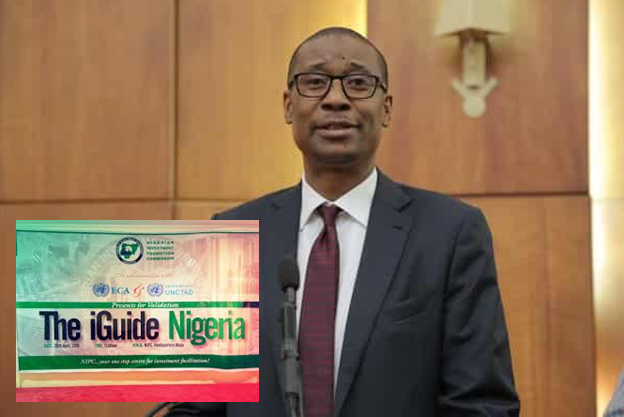As part of renewed efforts to optimize the benefit of the value chain in the region’s automobile industry, Trade, Industry and Investment Ministers and Commissioners in the Economic Community of West Africa States (ECOWAS) met recently in Accra to review and validate the ECOWAS Automotive Industry Policy Framework.
Report released by the sub-region showed that ECOWAS nations currently import 450,000 vehicles every year out of which 80% are used (second-hand) vehicles.
The ECOWAS meeting to harmonise auto policy was organised by the ECOWAS Commission, in collaboration with the African Development Bank (AfDB), with support from Korea-Africa Economic Cooperation Trust Fund.
In his welcome address, Ghanaian Minister of Trade and Industry, Mr Alan Kwadwo Kyerematen, said the Ministerial Meeting on Validation of ECOWAS Automotive Industry Policy Framework, is designed to harmonize the automotive policies so that member states can kickoff policy implementation.
While noting that the automotive industry is blessed with vast value chain, he called for a template where different members of the ECOWAS could decide to produce some parts of the vehicle such as car tyres, wipers, spare parts among others, so as to bridge incidences of unnecessary competition within the market segment.
He informed participants that already, his country had flagged off similar industrial value chain scenario with the ‘One-District, One Factory initiative,’ supported with a corresponding policy of ‘One-Region, One-Park,’ to drive integrated industrialization.
In his remarks, the AfDB Country Officer, Mr Yero Baldeh, observed that the ECOWAS Automotive Policy would contribute to the Bank’s “Industrialize Africa” and Integrate Africa” goals.
AfDB noted that its strategic goal include to help improve the capacity of African producers, particularly manufacturers to compete with imported products in the local market.
In her submission, Nigeria’s Minister of State of Industry, Trade and Investment, Mrs Aisha Abubakar, who presided over the meeting, said the ECOWAS Automotive Policy was rooted on the experience of the Nigerian Automotive Industry Development Plan, which commenced in 2013.
According to her, 58 firms had registered to engage in car assembling plants in Nigeria and believed the ECOWAS Automotive Policy has inherent benefits that would accelerate the development of West Africa.
She advised ECOWAS member nations with the comparative advantage of rubber plantation to set up tyre manufacturing plant even as others could establish recycling plants or a scrap metal plant that would speed up the economic growth of the sub-region.
She was however, silent on the fact that Nigeria at a time, was the region’s super power in rubber with plantations scattered across but collapsed due to government’s policy inconsistency in the market segment.









